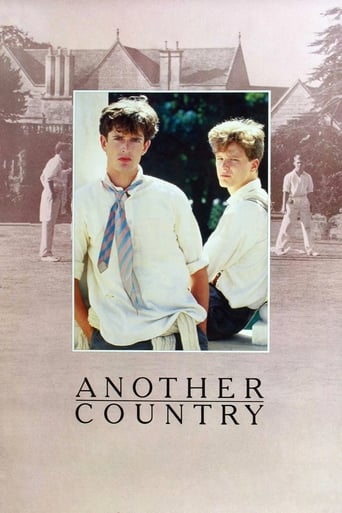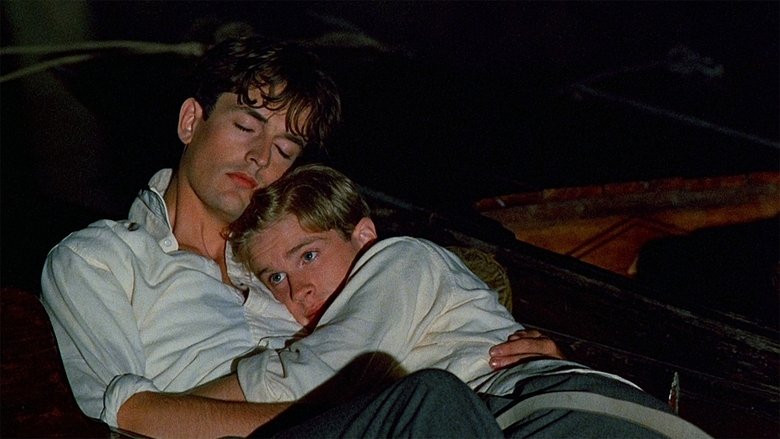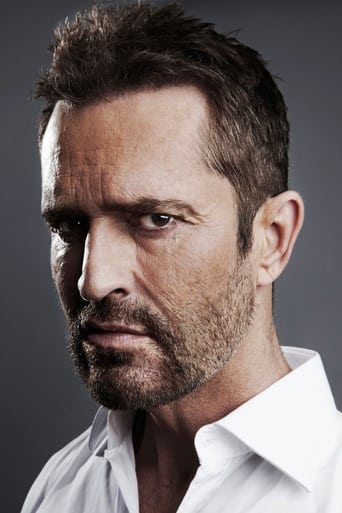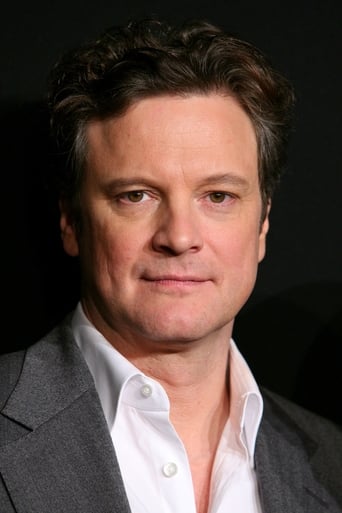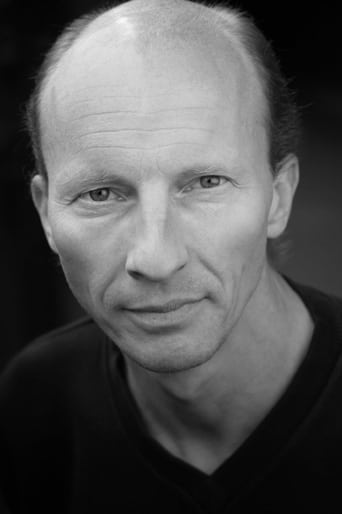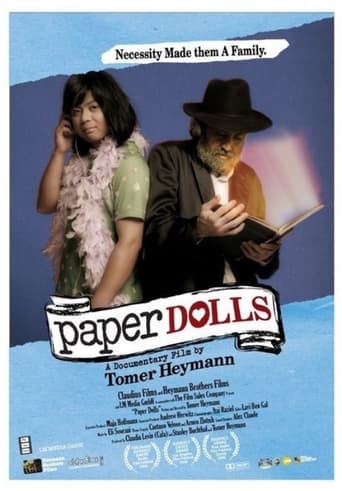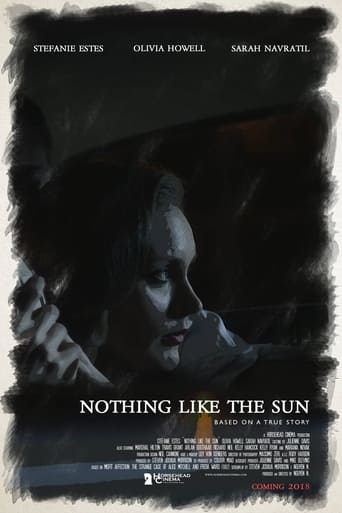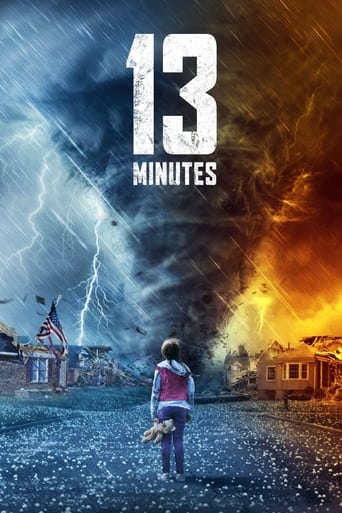Another Country (1984)
In Moscow in 1983, an American journalist interviews Guy Bennett, who recalls his last year at public school, fifty years before, and how it contributed to him becoming a spy.
Watch Trailer
Cast


Similar titles
Reviews
Truly Dreadful Film
I don't have all the words right now but this film is a work of art.
In truth, there is barely enough story here to make a film.
While it doesn't offer any answers, it both thrills and makes you think.
A magnificent enchanting and deeply touching tale of class and hypocrisy surrounding the young inhabitants of a history English public school. This is a highly moving expose of the supposed teenage school days of infamous spy Guy Burgess is rich, deep and luxurious. It is aesthetically pleasing with authentic although slightly mixed locations and the moody atmospherics employed heighten the enjoyment factor no end. The running undercurrents of class, breeding, expectation and tradition are the key features of this moving and entertaining story showing the underbelly of a traditionally British educational establishment.Rupert Everett stars as both an old Guy Bennett in a small apartment in snowy cold Moscow recounting his school days to a young female writer as well as the fresh faced young man he was in 1931. His performance bristles with the authenticity of class and ability. He is perfect as the too clever by half and defiantly too clever for his own good schoolboy Guy heading toward his last year of school, hoping to receive the adulation and power of school god. Such dizzy heights seem well within his grasp, after all, this is what his entire school days have been building up to, plus it's the level his ancestry achieved in generations gone by. His best friend is the broodingly attractive Marx reading communist loving Tommy Judd, played with skill and passion by the young Colin Firth, already demonstrating the skills that have taken him to the very top of the British acting profession. Guy and Tommy are friends, mainly because they are on the outside of the establishment, in that they simply don't follow the accepted norms of behaviour. Guy simply for his open homosexuality and Judd for his communist Marxist leanings and beliefs. Their friendship is one of surprising depths, based on mutual respect and affection, a respect that would later have far-reaching implications. The public school setting of the 1930's could really be anywhere in the United Kingdom and at any decade of the last one hundred and fifty years or so, such is the timeless charm of tradition, still played out in many schools up and down the country to this day. A master on his way somewhere hears a noise and stumbled upon Martineau, an endearingly cute blonde haired lad and a boy from another house engaged on a sexual act in one of the school changing rooms. It is a mutual act, which we are lead to believe is commonplace in the darker places of a school of this type and time and is usually ignored, a blind eye turned to it. However, there are no blind eyes when it comes to the masters and Martineau faces expulsion for the most scandalous of reasons, a fate he just cannot allow to endure. Thus, the poor troubled boy takes his own life in the school chapel.Master and pupils alike are aghast at this course of action and they must pull together to prevent a scandal striking at the school, for all their sakes, they pull ranks and tighten the positions and time to rule with a rod of steel. What follows is essentially a power-based annihilation of homosexuality that may or may not be prevalent in each house of the school. Bennett, who is rather more open than most about his preference, is subject to increased scrutiny and investigation. The unspoken message seems to be that no gay boy will be allowed as a school god; it is a simple as that. No commies and no queers..... Read more and find out where this film made it in the Top 50 Most Influential Gay Movies of All Time book, search on Amazon for Top 50 Most Influential Gay Movies of All Time, or visit - http://www.amazon.co.uk/dp/B007FU7HPO
I found this film thoroughly unenjoyable. There was very little in this motion picture that I valued as "great cinema" - even using the word 'great' in a review of it seems excessively flattering. This film does not deserve to have such a word attributed to it.Set in the monotony of a Christian (so I assume) boarding school in 1931 England, any hope of a plot line is painfully non-existent and all events that occurred in this film agglutinated into one another like some atrocious melting pot. Or a car crash. Even at a running time of a mere 85 minutes, this film dragged on for far too long. Its two leading characters, Guy (Rupert Everett) and Tommy (a very young Colin Firth), are so boringly aspirational. Whether it be favouring Communism or infatuation over a fellow student, the two are so hopelessly dull and lose engagement over their audience relatively instantaneously. Their incessant soliloquies, dreaming of 'breaking free', swiftly become tedious and over-rehearsed. Some may see this film as "brave" for tackling the taboo of homosexuality in schools - especially in the early 1930s - and it may well have been, had it not been written so poorly. This is a sensitive subject yet it has not been treated that way, instead offering its audience indirect and misguided babble that neither satisfies nor interests. There is so precious little in this film that provokes any real thought as everything we are given is provided via insignificant segments of derailed trains of thought. It's like if someone gives you a joke and you don't realise that last sentence was the punchline. This is a film in which you will forever be waiting for a punchline. But, of course, it never comes.The only redeeming features are its beautiful, aristocratic settings amid the gorgeously vintage school building and Peter Biziou's very stylish cinematography. The sweeping camera movements devour the scenery and give us something wonderful to substitute for the plot-holed screenplay. This film is visually so much more impressive than its translucent story. Performances from semi-decent actors (at the time, at least), shoddy screen writing and misguided directing leave audiences unimpressed and dissatisfied with a hatefully deluded story that gets nowhere. This is a film that takes forever to say nothing.
As far as I can tell, this sums up the lucid moral of the film, for to brush what the film actually contemplates is a risky business. Perhaps it achieves a discreet, demonstrative style in the scenes with the juniors, who may actually be the true Marxist, lilliputian counterweight to the ideological tirades, a style which is best allied with the performances' muted quality. As another reviewer shrewdly noted, one wonders if Colin Firth was ever a boy, that is how haunting a note he strikes, and with a sneer in his voice that maybe outshines even Michael Cane's, given his age. Rupert Everett turns a cautious, elegant performance; have we actually come to appreciate his distinct comic, perhaps signature Wildean, timing (well, better serving him in dramatic films)? But what will stay with me is the first amorous meeting between Benett and Harcourt, the first lines spoken and framed ideally by Elwes' flushed face and the - already enamored - slight twitches that betray him and convey a feeling of unspeakable beauty, a feeling of first -.Excuse me for being rhapsodic, excuse Cary Elwes for afterwards portraying an inexperienced, somewhat floppy youth (yet with a charismatic aura due perhaps to the fact that this is his first role, and with a platonic passivity that retains all the ambiguities of this kind of love). Forget the confusing matter of the film's ideological, biographical, theatrical or what stitches, see how it frames first love (we only come to see a handshake - has a handshake ever been so evocative? - and an embrace, not a kiss, nor a caress) in the premises and remember how wisely the director makes James Harcourt exit: he does not reciprocate Everett's distant salutation.If the film achieves an intuition, I think it is this grim one.Along with stating that thick makeup of Victorian proportions cannot convince the youthful body underneath to be old enough, or irrelevant enough in the U.S.S.R..
This film is both visually and dramatically impressive. From the outset, we are treated to lavish cinematography of Eton College and its grounds and the surrounding countryside. This is contrasted with the drab scenes of Moscow from where Guy Bennet recounts his story. Everything is bathed in a golden glow, backed up by the sound of boyish voices singing hymns (the title itself comes from popular school hymn 'I vow to Thee my Country'; which was sung at the funeral of Princess Diana in 1997).This contrasts starkly with the brutality of the school's disciplinary system, where one boy is so ashamed of being caught in a homosexual act that he hangs himself in the school chapel. Those who question the school's code become outcasts, such as Bennet and Judd, unless they are 'useful' in some way - ie when Judd is needed to prevent an unpopular boy becoming head of house.One important fact I noticed is that you hardly ever see a master in the school, and you never see the boys in lessons: this shows Eton not as merely a school, but as a microcosm of society with its own specific hierarchy.There is interesting character development: Bennett, initially a philanderer who takes nothing seriously, eventually realises that he is a confirmed homosexual and begins to understand Judd's vision of a perfect society possible through communism ('not heaven on earth, but earth on earth - a just earth')Similarly Judd realises that sometimes it is necessary to sacrifice one's principles for the greater good.There is a lot about this film that is hackneyed - the bullying, sadistic prefects, the angelic boys with floppy fringes singing chapel anthems, the stock rebellious phrases etc, (and I won't even mention Guy Bennet's ludicrous old-man makeup)but overall it is a beautiful piece of cinematography with some good acting from the young Mr Everett and Mr Firth.

